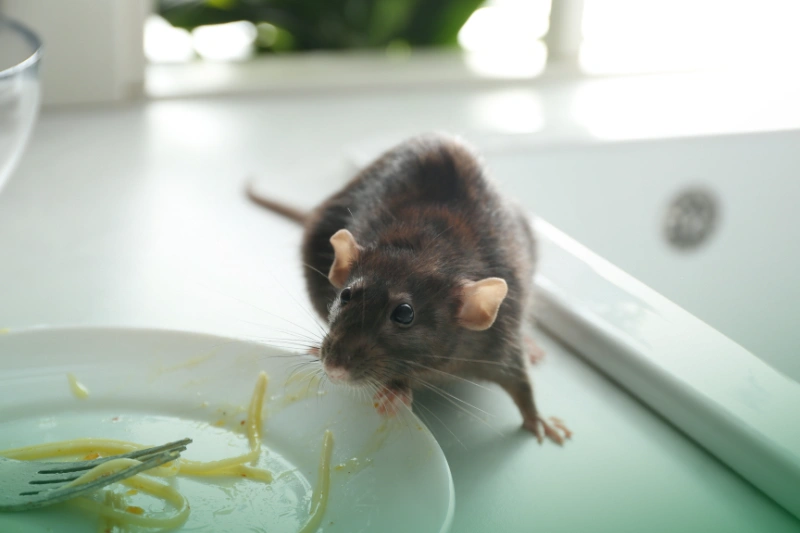In the culinary world, maintaining a pristine environment is not just about aesthetics; it's about ensuring safety and hygiene. One critical aspect of this is restaurant kitchen rodent prevention. Rodents pose significant threats, from contaminating food supplies to causing structural damage. Therefore, implementing effective strategies to prevent these pests is paramount for any restaurant owner.

Understanding the Threat of Rodents in Kitchens
Rodents, including rats and mice, are notorious for their ability to infiltrate even the most secure locations. With their keen sense of smell and ability to squeeze through tiny openings, they can access kitchens and food storage areas with ease. Once inside, they can contaminate food with droppings and urine, leading to potential health risks for customers and severe reputational damage for the establishment.
Key Strategies for Rodent Prevention
1. Regular Inspections and Maintenance
One of the most effective ways to prevent a rodent infestation is through regular inspections. By consistently checking for signs of rodent activity, such as droppings, gnaw marks, or nests, you can address issues before they escalate. It's also vital to maintain the structural integrity of your restaurant. This includes sealing cracks and holes in walls, floors, and ceilings that might serve as entry points.
For more on preventive measures, you can explore this smart detection of rodent infestations guide.
2. Maintaining Cleanliness and Hygiene
A clean kitchen is less attractive to rodents. Ensure that all food is stored in airtight containers and that garbage is disposed of promptly and correctly. Regularly clean all food preparation areas, including beneath appliances and in corners where crumbs might accumulate.
For additional tips on maintaining a rodent-free environment, consider reading about how to get rid of mice naturally.
3. Installing Physical Barriers
Physical barriers, such as door sweeps and wire mesh, can prevent rodents from entering your kitchen. These barriers should be inspected regularly for any wear and tear and replaced as needed.
Leveraging Technology for Rodent Control
Innovative solutions, such as electronic traps and ultrasonic repellents, can be an excellent addition to traditional methods. These technologies can deter rodents without using harmful chemicals, making them ideal for restaurant environments.
Explore more about rodent control technologies that can benefit your restaurant.
4. Chemical and Natural Deterrents
While chemical repellents can be effective, they must be used cautiously in food preparation areas. Alternatively, natural deterrents, such as peppermint oil or ultrasonic devices, offer a safer option without compromising on effectiveness.
Learn about natural methods for rodent control for your kitchen.
Training Staff on Rodent Prevention
Ensuring that all staff members are trained on the importance of rodent prevention is crucial. This includes recognizing signs of infestation, proper food storage techniques, and maintaining cleanliness. A collective effort from the entire team can significantly reduce the risk of an infestation.
Conclusion
Maintaining a rodent-free kitchen is essential for any restaurant aiming to provide a safe and enjoyable dining experience. By implementing these preventive measures, restaurant owners can safeguard their establishments against the damages and health risks posed by rodents. Its a commitment to quality and safety that customers will surely appreciate.

FAQs
1. What are the signs of a rodent infestation in a restaurant kitchen?
Common signs include droppings, gnaw marks, nests, and the presence of urine stains. You might also notice unusual noises, such as scratching or scurrying sounds.
2. How often should a restaurant kitchen be inspected for rodents?
It's advisable to conduct inspections at least once a month. However, high-risk areas should be monitored more frequently to catch any signs early.
3. Are natural rodent deterrents effective in a restaurant setting?
Yes, natural deterrents, such as peppermint oil and ultrasonic devices, can be effective when used in conjunction with other prevention strategies. They offer a non-toxic solution that is safe for food preparation areas.
